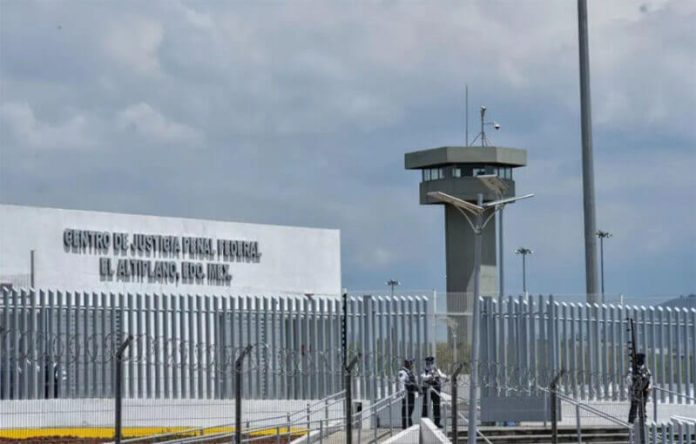Hundreds of inmates in federal prisons were released Wednesday under a presidential decree.
The detainees who were freed included victims of torture — identified under the Istanbul Protocol, inmates over 70 years old with chronic or terminal illnesses, indigenous people who were provided an inadequate defense and those accused of crimes that have been awaiting trial for more than two years.
Six-hundred-and-eighty-one inmates were identified for immediate release and another 4,233 cases are being processed, Interior Minister Adán Augusto López confirmed at the president’s daily press conference on Tuesday.
The decree does not apply to those accused of or sentenced for human trafficking, kidnapping, organized crime or acts against the “free development of personality,” or other crimes that merit informal pretrial detention.
Chiapas was at the top of the list of releases by state with 198. Durango was next with 100 followed by Baja California with 63.
The decree only applies to federal prisoners, who make up around 7.4% of the total prison population.
The wording of the decree differs substantially from what President López Obrador originally announced at his morning press conference on July 29. The president had said prisoners with “… more than 10 years without a sentence who have not committed serious crimes will be released.” That has now come down to two years.
He added that adults over 65 years old with chronic health problems would be released, which has now been revised upward to 70 years.
Another of the conditions, that “… adults over 75 … who have not committed serious crimes … are going to be released” appears to have been dropped completely.
The president also called on state and municipal penitentiaries to “take action on the issue” when he first announced the decree, by which he presumably meant that they should follow suit. There have been no reports that any have done so.
With reports from Zeta Tijuana
